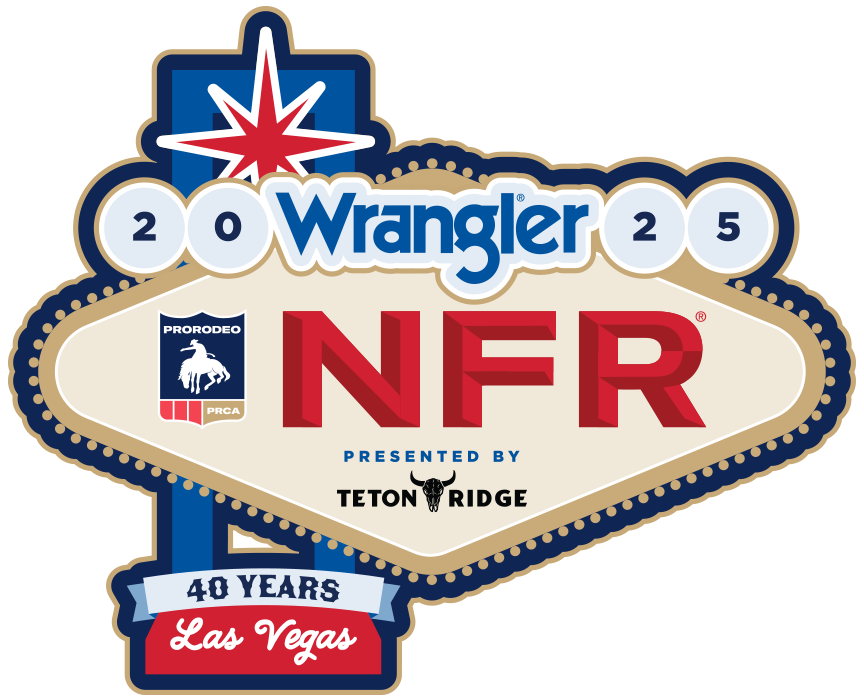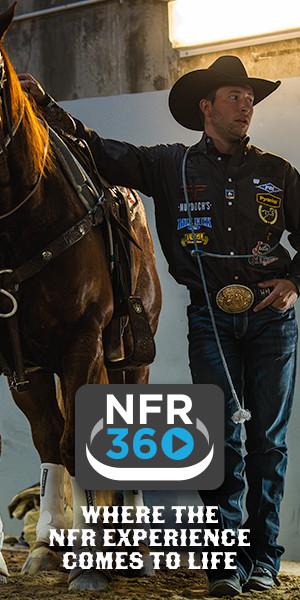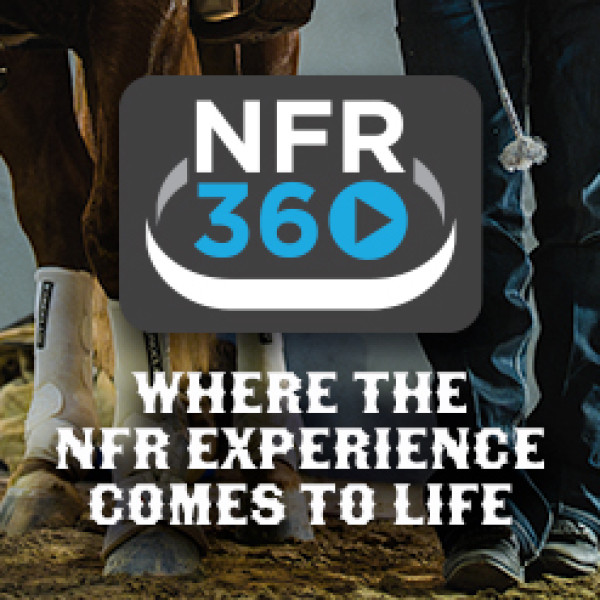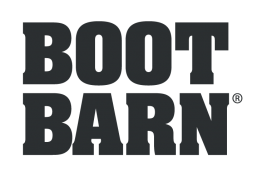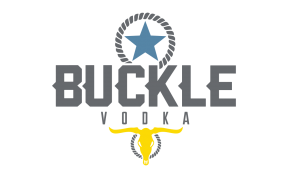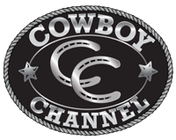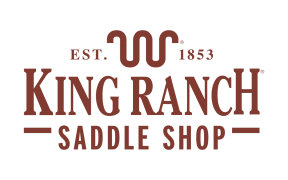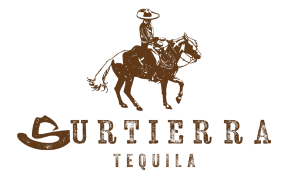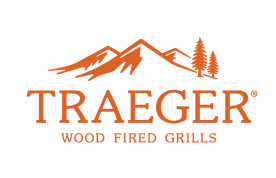
Sep 8, 2023
Learning To Lose
If competing in rodeo events is really 90% mental, how does that work in team roping? What if partners aren’t both on the same page and one of them is struggling while the other one is at the top of the world.
This journey into the mental side of rodeo has taken me to some unexpected places. I was in Idaho at the Caldwell Night Rodeo. I saw my friend Patrick Smith and asked him who he thought had the best mental game in team roping. He thought for a minute and said, “I think Tyler Wade has as strong of a mental game as anyone. I saw him go through two weeks this summer that no one wants. He came back stronger.”
My first thought was really, Tyler Wade? He doesn’t have a gold buckle, and his five Wrangler National Finals Rodeo qualifications have come at the bottom of the pack. He’s had a bunch of different partners and why would Patrick think he has a great mental game?

There’s one thing that everyone agrees on that I have interviewed – mental toughness is learned. And one of the best ways to learn that is to have setbacks that become comebacks. Tyler joined the PRCA in 2011 as an 18-year-old and the only direction for him to move was up.
In 2012, he finished 17th in the world and won the Resistol Rookie of the Year title in the heading. That accomplishment came with the help of at least four heelers. The next year saw him roping with Tyler McKnight, and while neither of them were rookies, it was a first attempt at going down the road full-time and hoping to qualify for the NFR.
“I didn’t have any expectations my first year rodeoing. I kind of cruised through and missed it by about $4,500. That taught me that I could do it,” he said. “I was with Tyler McKnight and we had zero guidance. We went at it on our own and made a million mistakes.”
Fast forward to 2015. He was roping with NFR qualifier Kinney Harrell. After a good winter, Tyler was well inside the top 10 in the standings. When they entered the Reno Rodeo in June, he was in the top five. They went from chicken to feathers in a hurry. He missed a lot of steers, got down on himself, down on rodeo, and down on roping.
Kinney suggested that they go home and regroup. They did and Tyler finished the year in 21st. Kinney was number 22.
“It was a month-long miserable experience for me,” Tyler said. “And it cost Kinney a lot too. There is nothing worse than having a guy, his wife, and kids on your shoulders. Their sponsors are counting on him to represent them too. Letting someone down like that when you haven’t caught anything in three weeks may have cost him a trip to the NFR and about $8,000 in expenses. Learning to handle all of that is a task.
“I learned that you can’t get so far down that you can’t see a way out. You don’t just put yourself in a bind, you put them in a bind too. It adds a lot of pressure.”
Tyler told me at Caldwell that one of the biggest lessons he learned in the arena was how to lose. In 2015 he didn’t keep track of the steers that he competed on. Now he does and he got in a slump again this year.

His partner now is two-time world champion heeler Wesley Thorp. They are buddied with Tanner Tomlinson and Patrick Smith. They had made their plans for the Fourth of July’s Cowboy Christmas run. Tyler was outside the top 15 and in spite of working to keep his confidence up, he also had a voice inside his head saying “you’ve got one of the best partners you’ve ever had, and you’re not going to make the NFR.”
Tyler missed eight steers in a row and over the course of 12 days and that many steers, he only turned one. They sent horses everywhere, had several plane rides and drove about 15,000 miles and he and Wesley won zero. At the same time Tanner and Patrick set a new Cowboy Christmas earnings record of $38,000.
“I only talked negative once for like 30 seconds before Wesley told me to shut up and not talk like that,” Tyler said. “I needed to hear what he had to say too. He was never at a point to slow down where I was tired of missing. There is so much to win and it can turn around so fast out here.”
It did the next week. They won $34,000 at rodeos in Spanish Fork and Ogden, Utah as well as Deadwood, South Dakota. That momentum carried them on. They earned the championship at the Caldwell Night Rodeo and as of September 1, with a month left in the regular season, Tyler Wade is sixth in the world standings with $113,025.

“I’m a pretty big realist and I know what I can and cannot do. Even at my worst, I’ve almost made it to the NFR. So realistically if I can do better than my worst, stay the course, and stay hooked, it will work out.”
Of course, part of every team roper’s regime is practice and Tyler’s learned a lot about that through the years too. When he was just getting started, he thought he could outwork everyone else, but he said that almost had a negative effect. He started overthinking things and learned he needed to practice smarter. “
“I don’t know if practice makes perfect,” he added. “But I do know that practice makes pressure easier. That’s mental.”
Practicing with intention, working on being smoother in the arena and knowing his own strengths and weaknesses has Tyler having the best year of his career. And it’s largely due to years of learning.
“Our event is the closest thing to a team sport that rodeo has,” he added. “Our words are really powerful, and they can sure affect your partner. Whether they are negative about yourself or him. To keep team morale up, it’s important to have a good partner. It’s not all about you and keeping yourself motivated or confident. You’ve got to keep the team that way too. It works both ways. Your partner knows that you believe in him and he believes in you and your horsepower and work ethic.”
At 31 and with 13 years of experiencing the highs and lows of the rodeo trail as a team roper, Tyler knows that the lows won’t last if he doesn’t let them. He also has an amazing support system with his family, wife Jessi and son Weston to keep him striving for more.
“I don’t think I’ve ever caught a steer when I’ve had a bad attitude,” he said. “And the one thing I’ve learned from losing is that I still have a lot to learn.”

